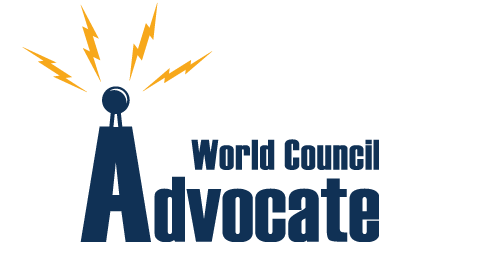Canadian Report Highlights Growing Regulatory Burden and the Importance of Proportionality
2024-08-19The C.D. Howe Institute, a nonpartisan not-for-profit research organization, recently issued a report highlighting the increased regulatory burden in Canada and the need to carefully consider both the benefits and costs of new requirements in the future. The report, The Good, the Bad and the Unnecessary: A Scorecard for Financial Regulations in Canada documents the trade-offs of additional regulations and recommends that regulators undergo a thorough and disciplined analysis to understand when the benefits of a new regulatory requirement out-weigh the costs.
The report importantly notes that regulating financial institutions is critical to a well-functioning, stable economy that protects consumers. It also shows there are negative consequences to unnecessary and overly burdensome regulations. It finds a more balanced approach is needed in future rulemaking. Regulations must be analyzed in terms of the impact on the overall cost of services and the ability of financial institutions to continue to serve consumers. The report also recommends that regulators account for the disproportionate impact regulations can have on smaller organizations. Proportional regulations, adjusted to the size and complexity of the institution, is needed to ensure continued competition in the financial services industry.
New regulations often require significant resources when accounting for higher compliance costs, the expense of operational changes, the lost opportunity to invest in the local economy and finance innovation. Good rule-making processes are shown to be a benchmark of an efficient financial regulatory system. The report encourages regulators to ensure they have properly identified potential problems, conducted a thorough cost-benefit analysis and clearly defined objectives before proposing a new regulation.
The report notes that unnecessary regulation is difficult to undo, therefore the process to propose and adopt new regulation must be considered carefully. It found that that a better balance is needed between regulatory objectives and costs to ensure the regulatory framework promotes financial stability as well innovation and growth, both of which benefit consumers.
Click here to read the full report.

